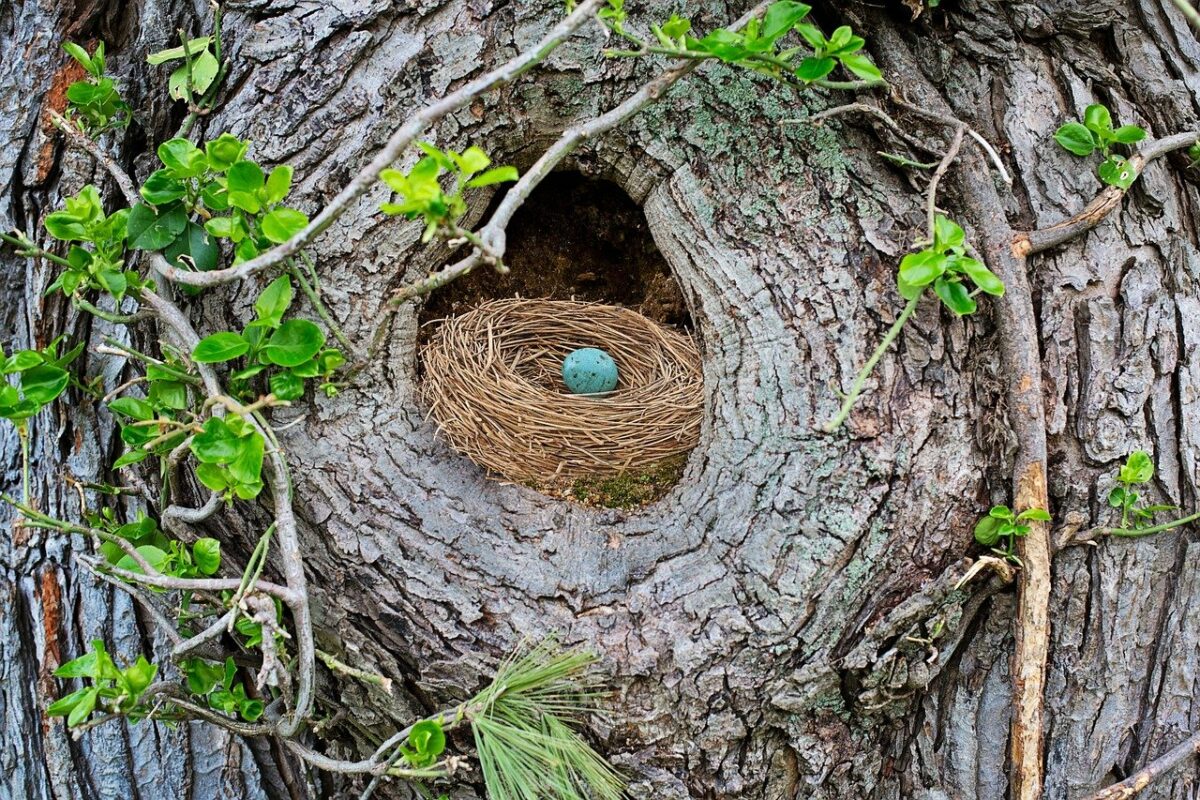In the UK, there is the bird nesting season. This is the time that birds lay eggs and have young babies. For most bird spotters, this is a wonderful time of year. But, if you won a business, it can be a nightmare.
When is Bird Nesting Season?
First of all, it is important to be aware of when bird nesting season is. Just like other animals, there are certain times of the year when birds create nests and lay eggs. Namely, this is going to be between February and August in the UK. In particular, the most popular seasons for a lot of bird species is between March and July. This is due to the warmer climate.
Is There Law Surrounding Bird Nests?
It is important for businesses and property owners to be aware of the legislation regarding bird nests. Indeed, they are protected by law and this is something that you are going to have to know. Namely, you are going to want to be familiar with the Wildlife and Countryside Act of 1981. This is a piece of legislation that makes it an offence to damage or destroy a bird nest. This includes if it has already been created or if it is currently being built. You cannot take or destroy the eggs from the nest either.
Can I Remove a Bird Nest?
The Wildlife and Countryside Act of 1981 is in place to protect birds during their nesting season. Therefore, there are only limited circumstances when you are going to be able to remove a bird next. For most people, this is not going to be possible.
The best way to prevent birds nesting near or on your property is to install preventative measures. In other words, choose anti-bird systems that are going to keep them away and discourage nest building. For example, you can have anti-bird spikes installing for high ledges and window sills. You can also fence off certain areas of your property using anti-bird netting. These are both humane ways to keep birds away.
How Do Birds Choose Where to Nest?
Birds are very careful when they are choosing a place to nest. They do not just choose any old spot. It has to be somewhere that they feel safe and secure from predators. For example, nesting locations are often in high up places. This makes it accessible for birds to fly up and isolate themselves. In particular, this can be ledges on buildings and on slated roofing or gutters. It can be anywhere that is safe from predators and they feel secure from the elements.
In addition, most daylight hours for birds is going to be spent looking for food. Therefore, they often build their nests and sleep places that are close to a food source. This makes sense to them and they are going to return to the same spots every day. Indeed, a building can be a resting spot that is near to a busy park, football stadium or school where food is going to be dropped.
Some people do not actually realise that not all birds will sleep in their nest. Instead, they sleep somewhere that is very close to it. So, it is likely that a bird will have a resting place that is near and overlooks its nest.
What Preventive Measures Stop Birds from Nesting?
We all like to watch birds and it can be amazing observing a bird nest. However, it is not something that you always want on your property. This is particularly true if they have built a nest on your building, such as on ledges, windowsills and parts of the roof.
Once the bird has built their nest, you have a problem. Indeed, the law is going to protect you from touching it. The best thing you can do is choose a preventive measure that you like. Thankfully, there are a lot of different options available and something to suit everyone’s budget.
For example, you can choose an anti-bird spike system. This is going to use spikes on a flat surface to deter birds from using the space for a nest. There are also mesh systems and anti-bird netting. They are set up to section off areas that might appeal to birds. They are humane ways to keep them out and they can often be chosen to blend in with the look of a building. Another option is the post and wire system, which is going to kindly tell birds that this is not an ideal place to nest. There is also hawking and bird scaring. Essentially, this is going to have hawks scare away the birds. They will not attack them. Instead, they will signal that the area is not safe for nesting.















